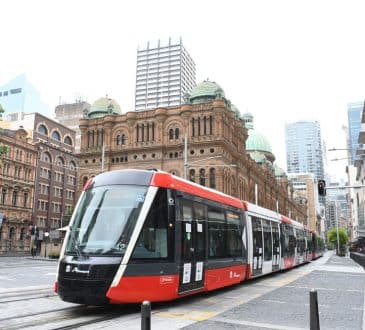How Formal Dress Code Is Making A Shift To Casual Yet Creative Appearance

The formal dress code has been a part of organizational culture for years now. But this started to change by the year 2019. Goldman Sachs one of the biggest firms in the Financial sector decided to give formal clothing a miss and the rest is history.
Today many big organizations like Virgin Atlantic, have followed suit and ditched formal attire for creative casuals. With an increase in casual apparel within companies, let us check out what has propelled this change and how it is beneficial.
Why Dress Codes Play an Important Role in Firms?
Many firms believe the dress code is a reflection of the company in front of clients. According to conventional beliefs, a formal dress code implies authority and trustworthiness. But ever since creative casuals have popped into the picture, the scenario has started to change.
Casuals apparels help employees with flexibility and also helps them to blend in with the work environment at ease. Apart from this, other benefits of creative clothing are mentioned below in detail.
What Are The Benefits of Creative Clothing?
Adding a relaxed dress code attracts productive employees to the company. It also contributes to moral boost and promotes gender equality within the workplace. Let us see the other benefits of casual clothes:
- Signifies Employee Happiness:
Indeed, following a relaxed dress code is effective in making employees happier. It is because this signifies that you trust your workforce and think of them as a part of your league. Sometimes it is also seen that following creative clothing makes employees happier and results in greater productivity. - Promotes Diversity:
Strict dress codes act as a hindrance to people’s beliefs, especially women. This fuels stereotypes and causes negative notions. It is also seen that people belonging to a different faith are not able to express themselves. On the other hand, a casual piece of clothing promotes diversity in the work environment. Employees feel comfortable while working and thus can contribute their best. - How To Change The Company Dress Code From Formal To Casual?
Today the lines between personal and professional clothing are fluid and blurry. Therefore, when deciding on business casuals, people tend to make mistakes. However, the guide below can help companies and employees stick to certain things while opting for a casual look. - Choose Colors Wisely:
Always remember to go for solid colours that match the overall look. Stick to neutral colours like black, grey, brown, or pastel colours if in doubt. - Clothes Should Match With Image of The Company:
Before companies relax the dress code, they shall ask themselves who their clients are. Are they forward-looking, innovative people, or individuals with discreet thinking? Once you get a rough idea of who you are dealing with, you can ask employees to choose clothes that amplify companies image. - Opt For A Minimal Look:
Do not ever choose accessories that can make the overall look go haywire. Instead, stick to a rather casual look. For example, you can tell employees to opt for leather shoes and ties, in place of a tie or jacket. The same thing goes for ladies too! Choose a modest bracelet to match your look and not chunky jewellery. - Keep It Neat and Tidy:
Business casuals are never meant to follow the rules of unkempt. They are instead neat and tidy. Thus, when relaxing the dress code, keep in mind that clothes shall be well maintained, clean, and neatly pressed. Shoes also shall be in good condition. Striking the perfect balance between company expectations and employee wishes is what makes an organization the best in all aspects. Thus, follow all the guidelines above and create a work environment that is productive and relaxed for the workforce.
Bring the best of the CEOWORLD magazine's global journalism to audiences in the United States and around the world. - Add CEOWORLD magazine to your Google News feed.
Follow CEOWORLD magazine headlines on: Google News, LinkedIn, Twitter, and Facebook.
Copyright 2025 The CEOWORLD magazine. All rights reserved. This material (and any extract from it) must not be copied, redistributed or placed on any website, without CEOWORLD magazine' prior written consent. For media queries, please contact: info@ceoworld.biz








